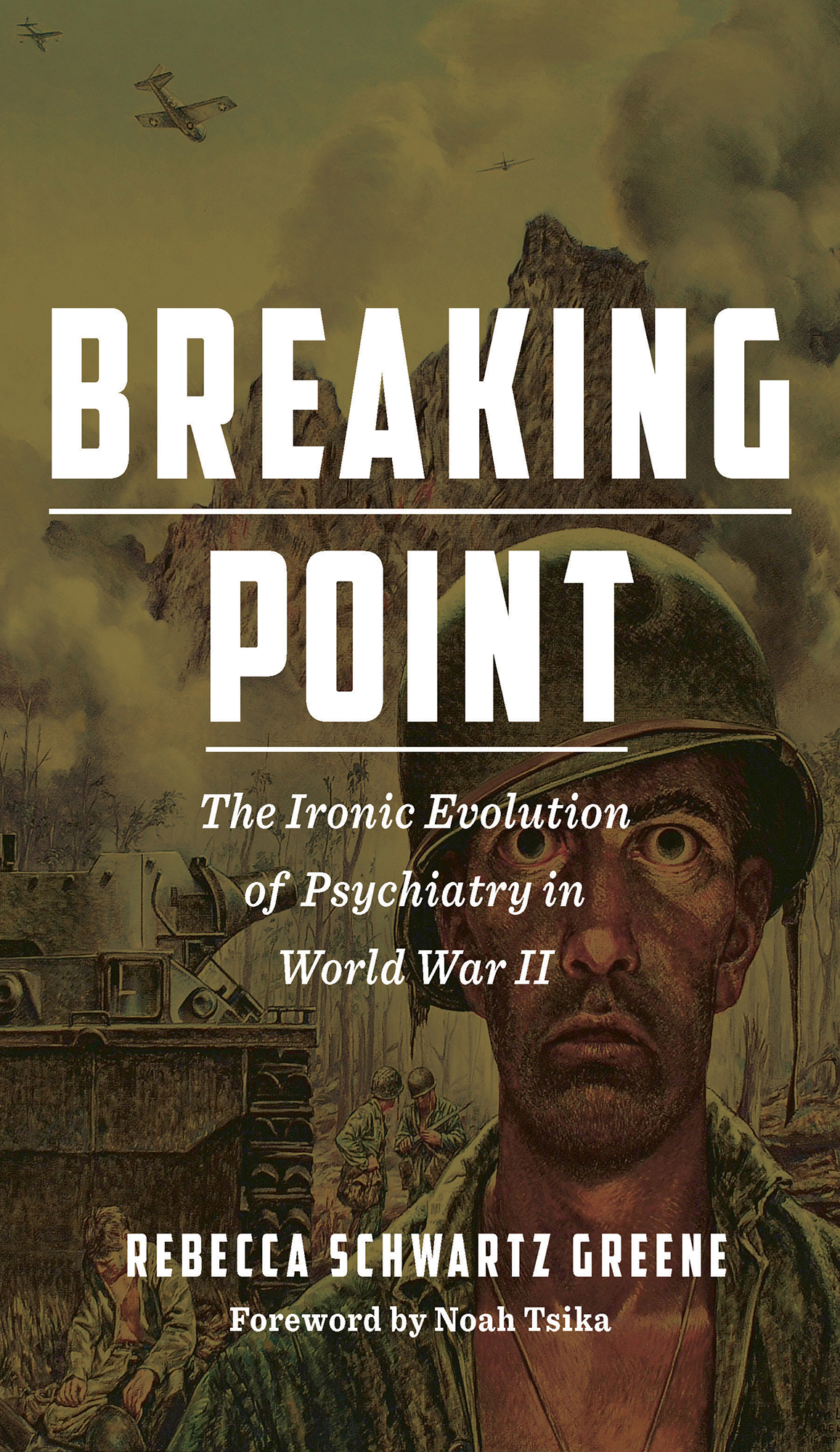

Most ebook files are in PDF format, so you can easily read them using various software such as Foxit Reader or directly on the Google Chrome browser.
Some ebook files are released by publishers in other formats such as .awz, .mobi, .epub, .fb2, etc. You may need to install specific software to read these formats on mobile/PC, such as Calibre.
Please read the tutorial at this link: https://ebookbell.com/faq
We offer FREE conversion to the popular formats you request; however, this may take some time. Therefore, right after payment, please email us, and we will try to provide the service as quickly as possible.
For some exceptional file formats or broken links (if any), please refrain from opening any disputes. Instead, email us first, and we will try to assist within a maximum of 6 hours.
EbookBell Team

0.0
0 reviewsBreaking Point is the first in-depth history of American psychiatry in World War II. Drawn from unpublished primary documents, oral histories, and the author’s personal interviews and correspondence over years with key psychiatric and military policymakers, it begins with Franklin Roosevelt’s endorsement of a universal Selective Service psychiatric examination followed by Army and Navy pre- and post-induction examinations. Ultimately, 2.5 million men and women were rejected or discharged from military service on neuropsychiatric grounds. Never before or since has the United States engaged in such a program.
In designing Selective Service Medical Circular No. 1, psychiatrist Harry Stack Sullivan assumed psychiatrists could predict who might break down or falter in military service or even in civilian life thereafter. While many American and European psychiatrists questioned this belief, and huge numbers of American psychiatric casualties soon raised questions about screening’s validity, psychiatric and military leaders persisted in 1942 and 1943 in endorsing ever tougher screening and little else. Soon, families complained of fathers and teens being drafted instead of being identified as psychiatric 4Fs, and Blacks and Native Americans, among others, complained of bias. A frustrated General George S. Patton famously slapped two “malingering” neuropsychiatric patients in Sicily (a sentiment shared by Marshall and Eisenhower, though they favored a tamer style). Yet psychiatric rejections, evacuations, and discharges mounted.
While psychiatrist Roy Grinker and a few others treated soldiers close to the front in Tunisia in early 1943, this was the exception. But as demand for manpower soared and psychiatrists finally went to the field and saw that combat itself, not “predisposition,” precipitated breakdown...